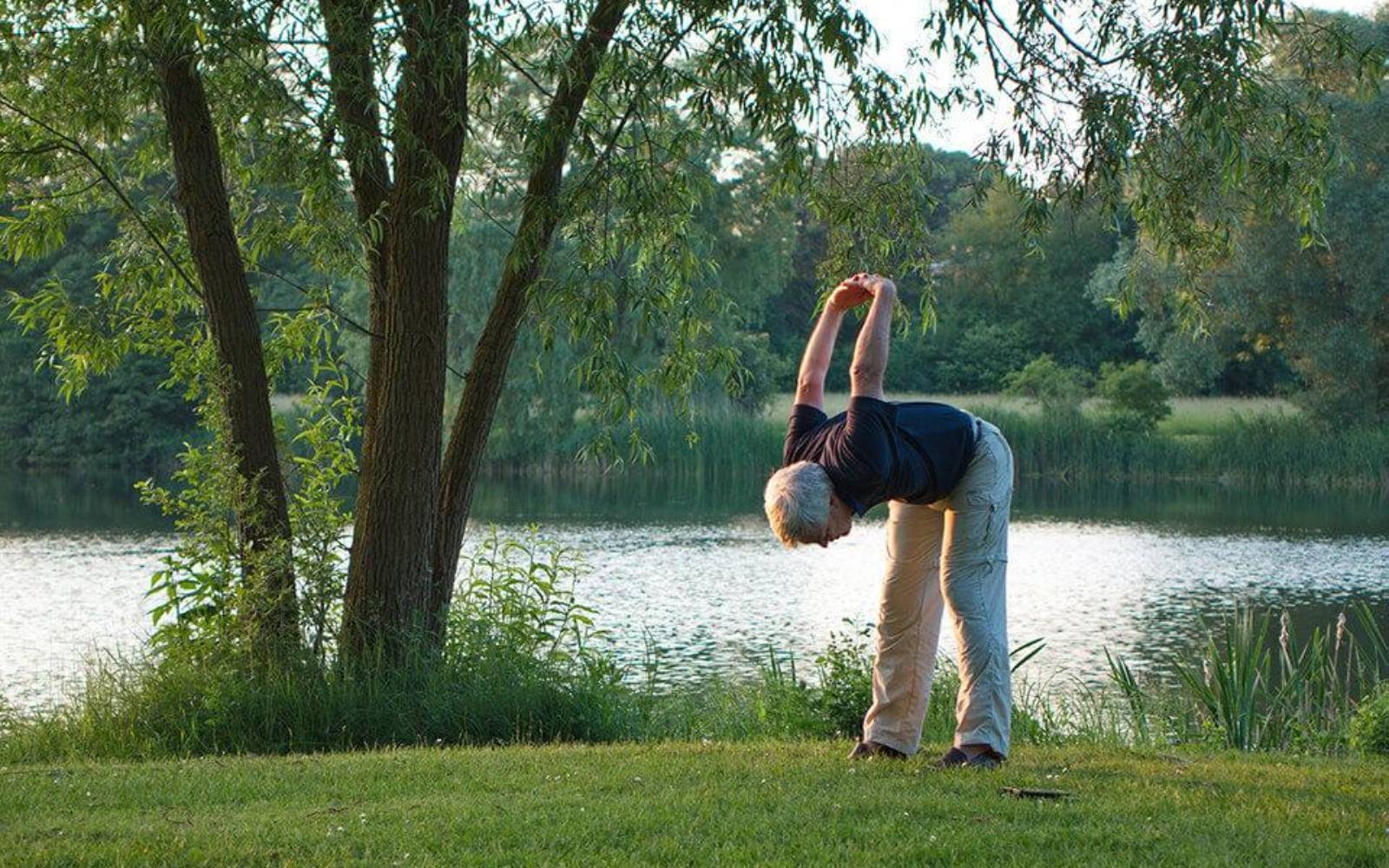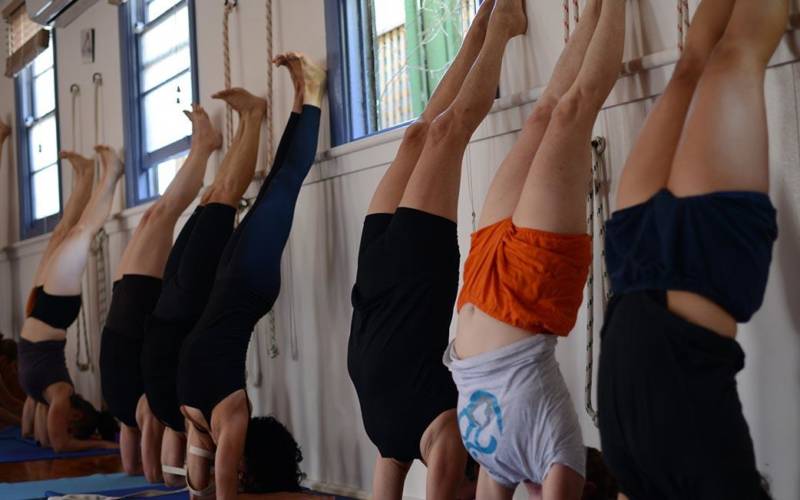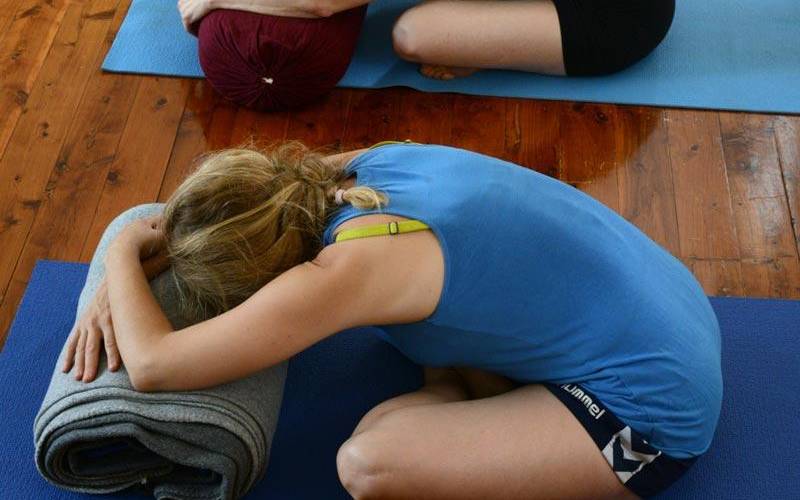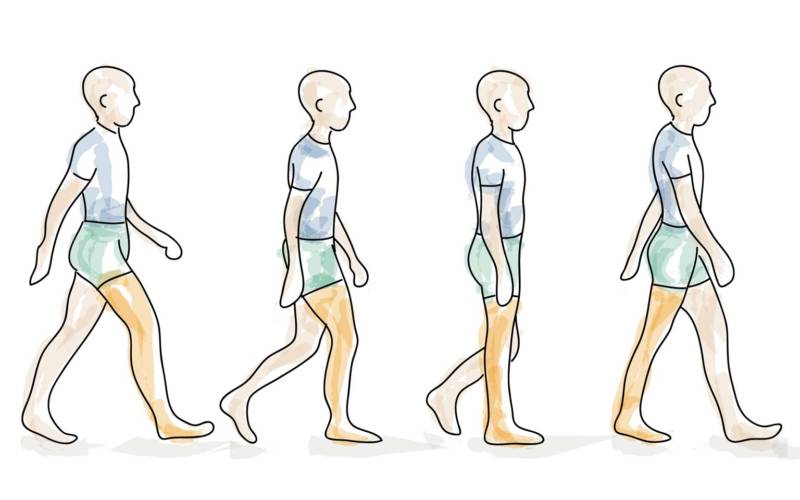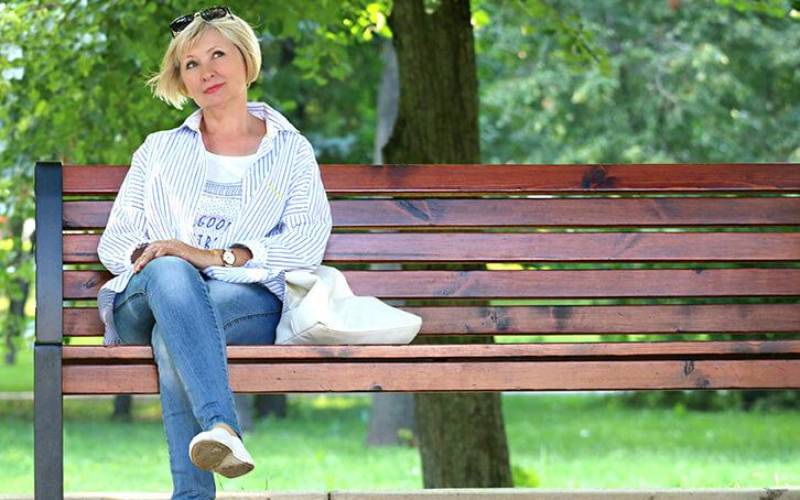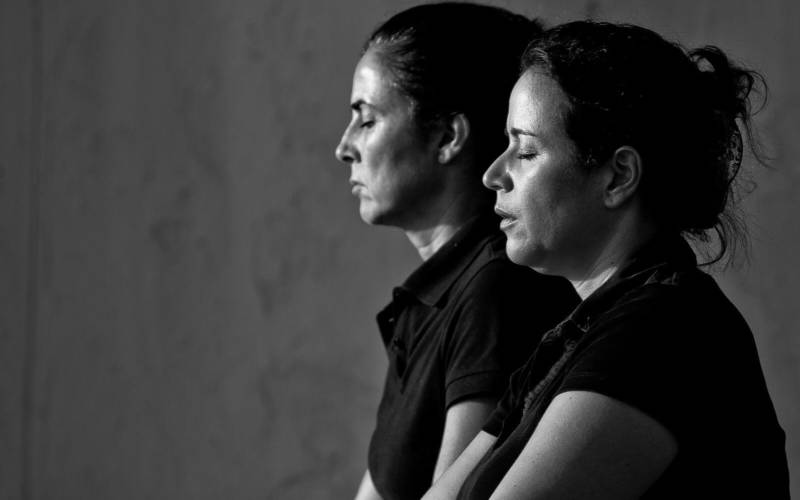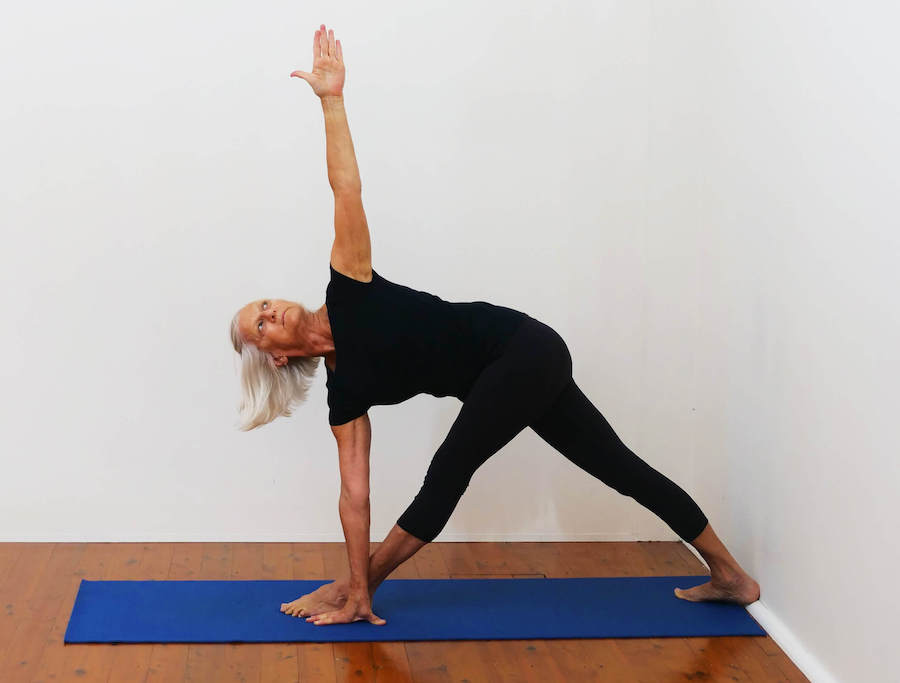Background
To determine factors that predict adherence to a mind-body intervention in a randomized trial.
Design
We analyzed adherence data from a 3-arm trial involving 135 generally healthy seniors 65–85 years of age randomized to a 6-month intervention consisting of: an Iyengar yoga class with home practice, an exercise class with home practice, or a wait-list control group. Outcome measures included cognitive function, mood, fatigue, anxiety, health-related quality of life, and physical measures. Adherence to the intervention was obtained by class attendance and bi-weekly home practice logs.
Results
The drop-out rate was 13%. Among the completers of the two active interventions, average yoga class attendance was 77% and home practice occurred 64% of all days. Average exercise class attendance was 69% and home exercise occurred 54% of all days. There were no clear effects of adherence on the significant study outcomes (quality of life and physical measures). Class attendance was significantly correlated with baseline measures of depression, fatigue, and physical components of health-related quality of life. Significant differences in baseline measures were also found between study completers and drop outs in the active interventions. Adherence was not related to age, gender, or education level.
Conclusions
Healthy seniors have good attendance at classes with a physically active intervention. Home practice takes place over half of the time. Decreased adherence to a potentially beneficial intervention has the potential to decrease the effect of the intervention in a clinical trial because subjects who might sustain the greatest benefit will receive a lower dose of the intervention and subjects with higher adherence rates may be functioning closer to maximum ability before the intervention. Strategies to maximize adherence among subjects at greater risk for low adherence will be important for future trials, especially complementary treatments requiring greater effort than simple pill-taking.
The paper has been published in BMC Complementary Alternative Medicine (2007) 7:37 This is part of the collection of studies published as the Mumbai Research Compilation. A collection of presentations made at the Light on Yoga Research Trust in collaboration with the Bombay Hospital Trust, Indian Medical Association, General Practitioners Association and the Parkinson’s Disease and Movement Disorder Society. They organized the conference on the “Scientific evidence on the Therapeutic Efficacy of Iyengar Yoga’. It highlights research papers on Iyengar Yoga and its medical benefits. The objective of which being the dissemination of knowledge about the science of yoga in the medical setting. The conference was held on October 12, 2008.
